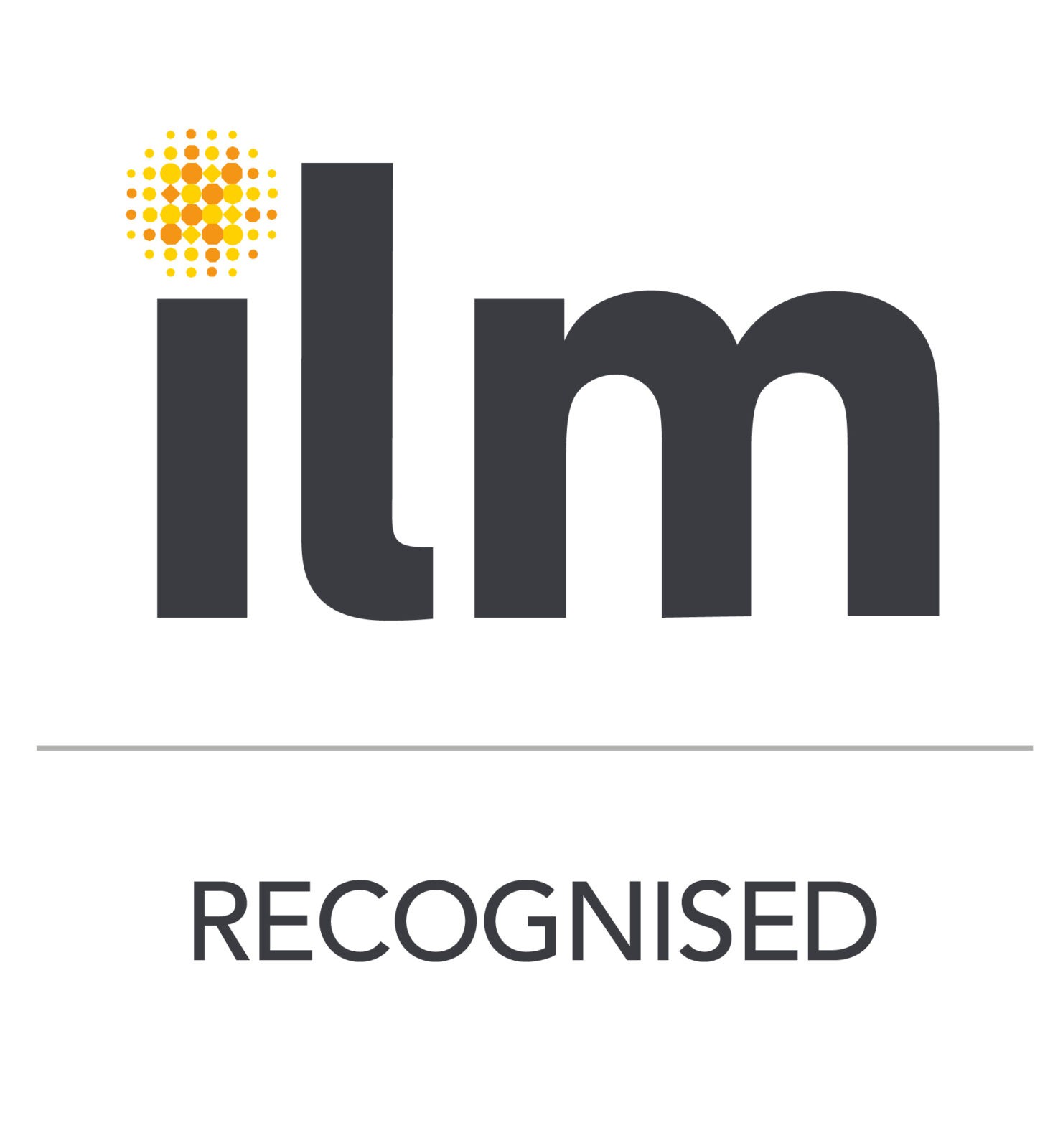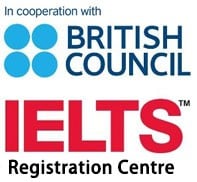Employee Motivation is becoming ever more important in the workplace as time goes on, and everyone agrees that a motivated workforce is far more likely to be a successful workforce. The happier and more professional an employee is, the better the results they will deliver for you. In fact, part of the problem of motivation is that where the job is too easy, employees become complacent.
There is therefore a challenge for all employers and management in delivering the right balance between a confident, motivated workforce and a workforce which is driven to attain goals. It can be described as a mix between the pleasure of a comfortable working environment and the fear of failure, although in honesty it is more complicated than that equation suggests. Regardless of how it is characterized, it is important to get the right balance in order to ensure that you have a motivated workforce. This program is designed to show participants the way to get the best out of a confident, motivated set of employees, and to show them how to motivate that group.
Who Should Attend?
Ideal for candidates (managers, unit heads, supervisors) who want to develop the skills to motivate employees and use positive techniques to enhance employee development and performance. The candidate must know the basic of English language and should have completed high school / undergraduation.Topics Covered:
- A Psychological Approach
- Object – Oriented Theory
- Using Reinforcement Theory
- Using Expectancy Theory
- Personality’s Role in Motivation
- Setting Goals
- A Personal Toolbox
- Motivation on the Job
- Addressing Specific Morale Issues
- Keeping Yourself Motivated
Learning Outcomes:
At the end of this program, participants will be able to:- Defining motivation, an employer’s role in it and how the employee can play a part
- Identifying the importance of Employee Motivation
- Identifying methods of Employee Motivation
- Describing the theories which pertain to Employee Motivation – with particular reference to psychology
- Identifying personality types and how they fit into a plan for Employee Motivation.
- Setting clear and defined goals.
- Identifying specific issues in the field, and addressing these issues and how to maintain this going forward.



